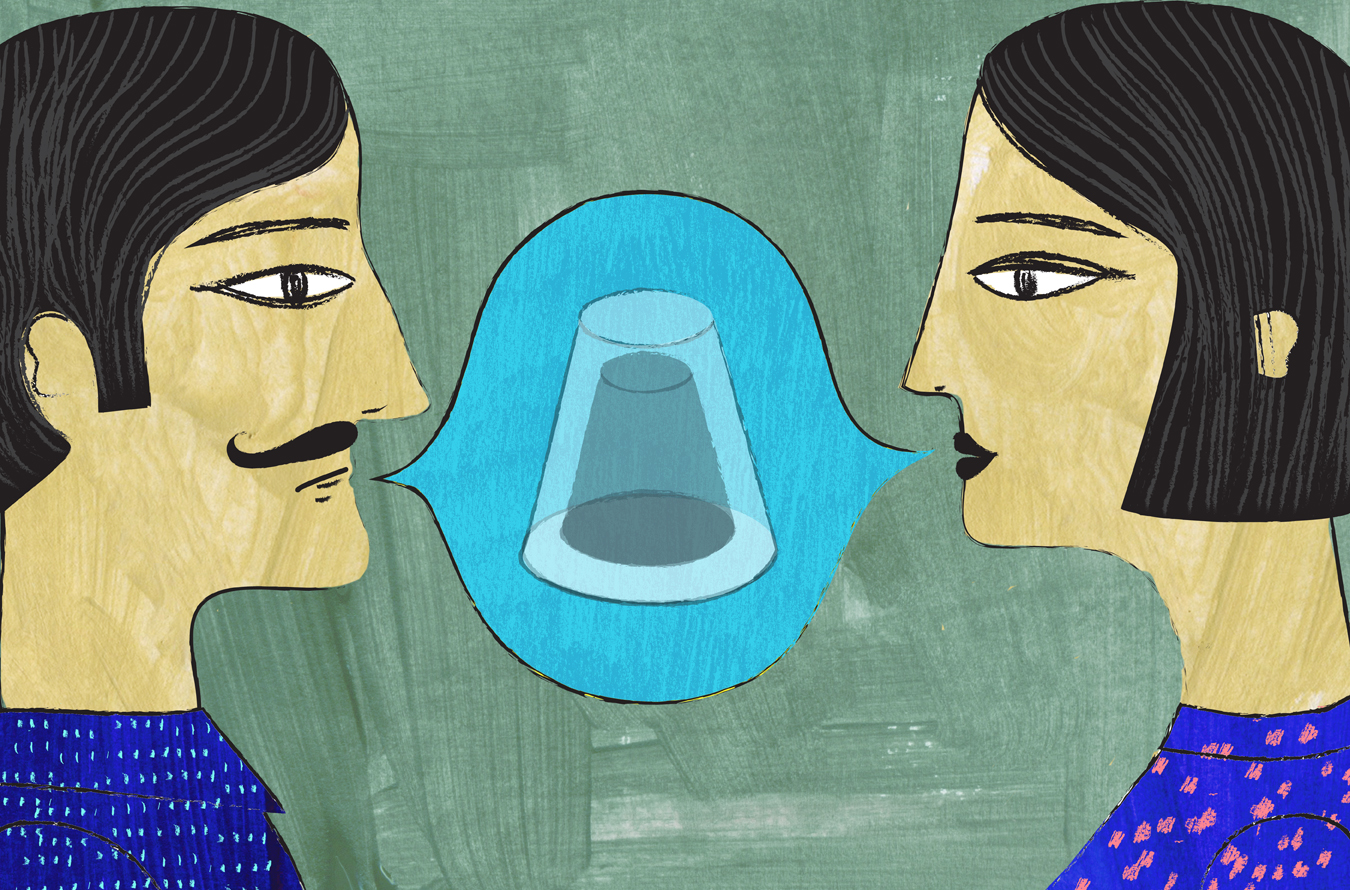Conversation Piece, September 10, 2017
A weekly series.

Enjoy our Sunday series, Conversation Piece, a NUVO–curated digest of things on the Internet we think you’ll want to talk about.
Business class blues. Travelling for work can seem pretty luxurious—after all, who wouldn’t want to be paid to see the world? But the truth is, frequent fliers—though generally in possession of higher than average healthcare and incomes—suffer an emotional, social, and psychological toll that increases with every Air Mile collected. Why does flying get you down? The Economist explains, here.
Emotional literacy for dummies. Think you can read people’s emotions? Psychologist Lisa Feldman Barrett suggests you may not be as savvy as you think—her research has shown that facial expressions and body language don’t communicate specific emotions in any consistent manner (nor, for that matter, can emotions be controlled by cognitive effort). This article challenges what you may have assumed was common sense—and may help you deepen your emotional intelligence in a meaningful way. Read it here.
Mo’ money, mo’ moral conflict. Often, we associate wealth with visibility—prestige cars, designer brands—and yet, much of the one per cent is decidedly discreet, and in fact uncomfortable with displaying their affluence. Indeed, society has long raised questions as to the moral caliber of wealthy people, making it understandable that the rich may want to distance themselves from stereotypes, defend their ordinariness, and critique ostentation. But for The New York Times, sociologist Rachel Sherman points out that focusing on the morality of wealthy individuals is missing the point. Read more.
How to win arguments and defeat people. If it’s raining, then the streets are wet. The streets are wet. Therefore, it’s raining. Right? Wrong. Did we lose you? Then perhaps you’ll want to pay a visit to The Fallacy Files, a website created by philosophy lecturer Gary N. Curtis. As the Smith Journal reports, the website has an interactive taxonomy containing all the logical fallacies one might encounter in the heat of an argument. In other words, it acts as a sort of “self-defense course in warding off nonsense”. Find out more, here.
_________
Never miss a story, sign up for NUVO’s weekly newsletter, here.




